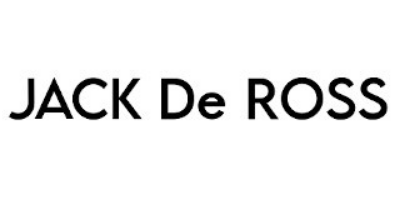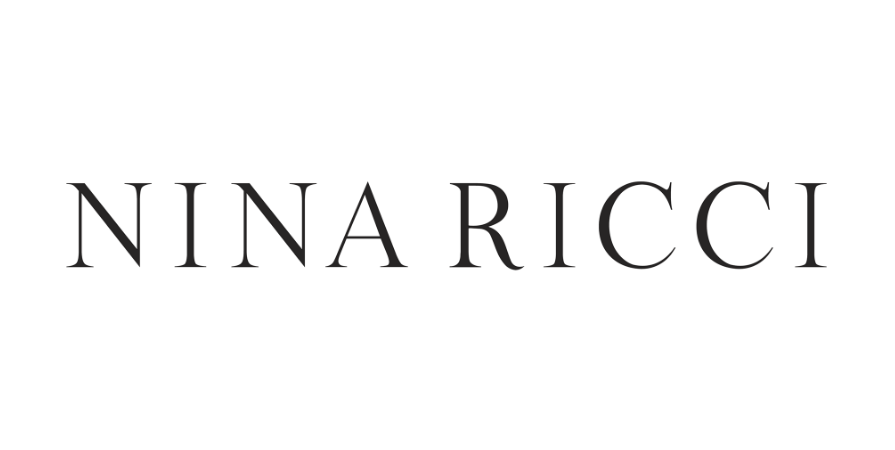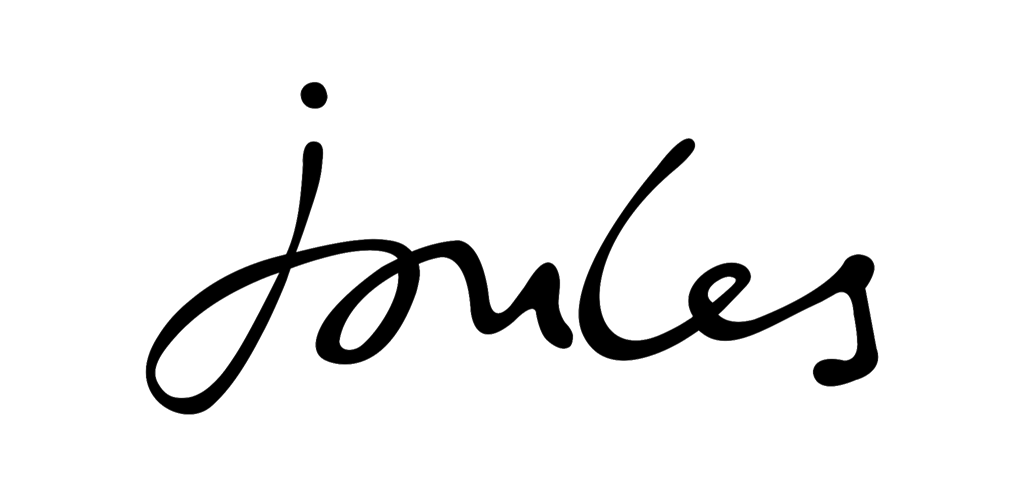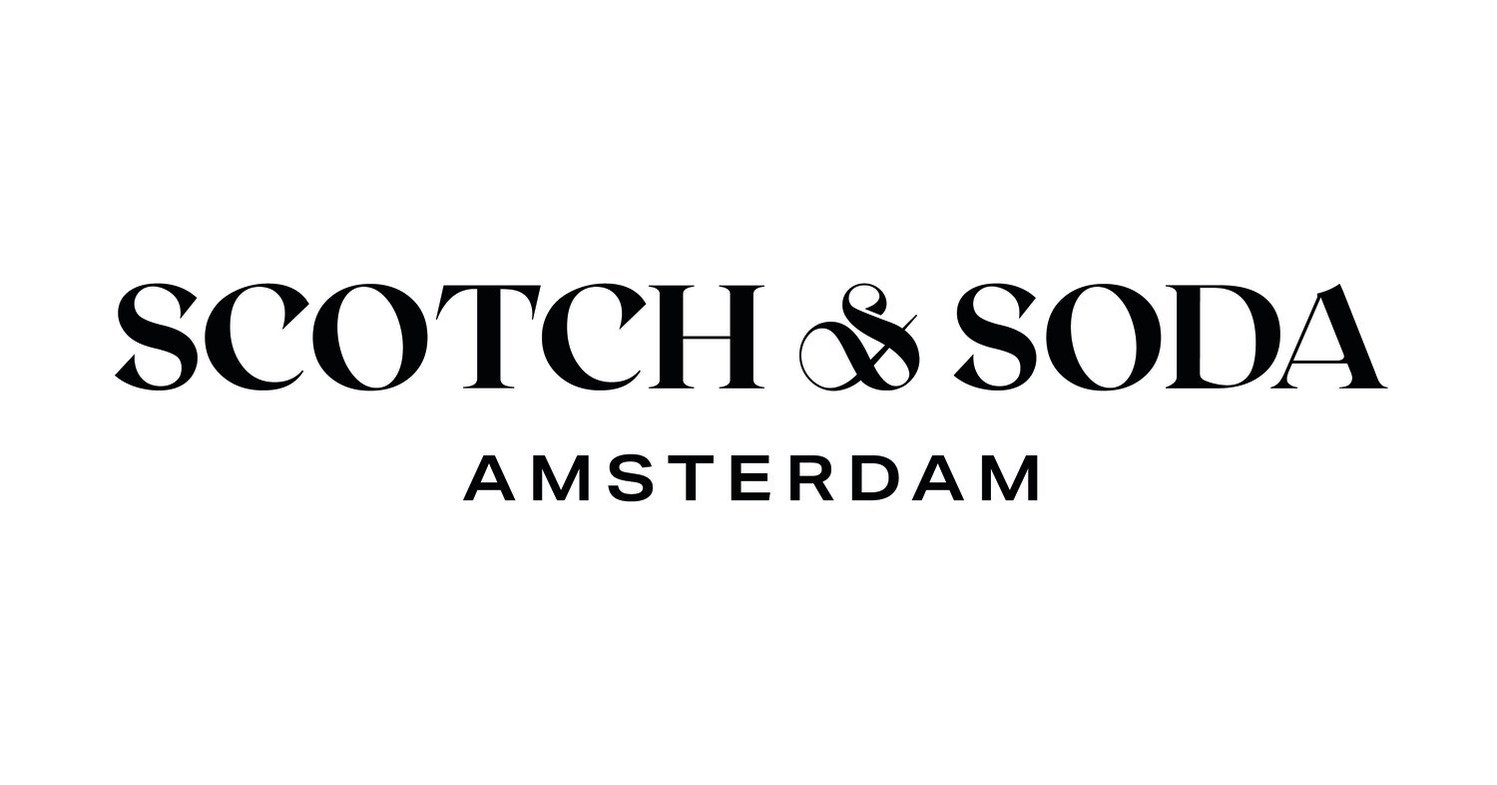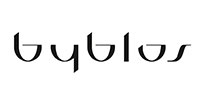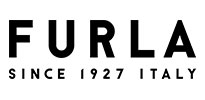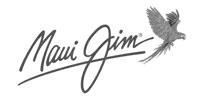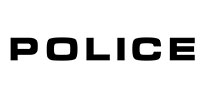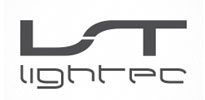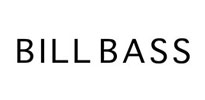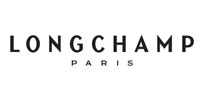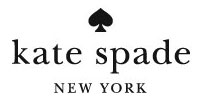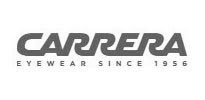3 Common Questions About Different Types of Lenses
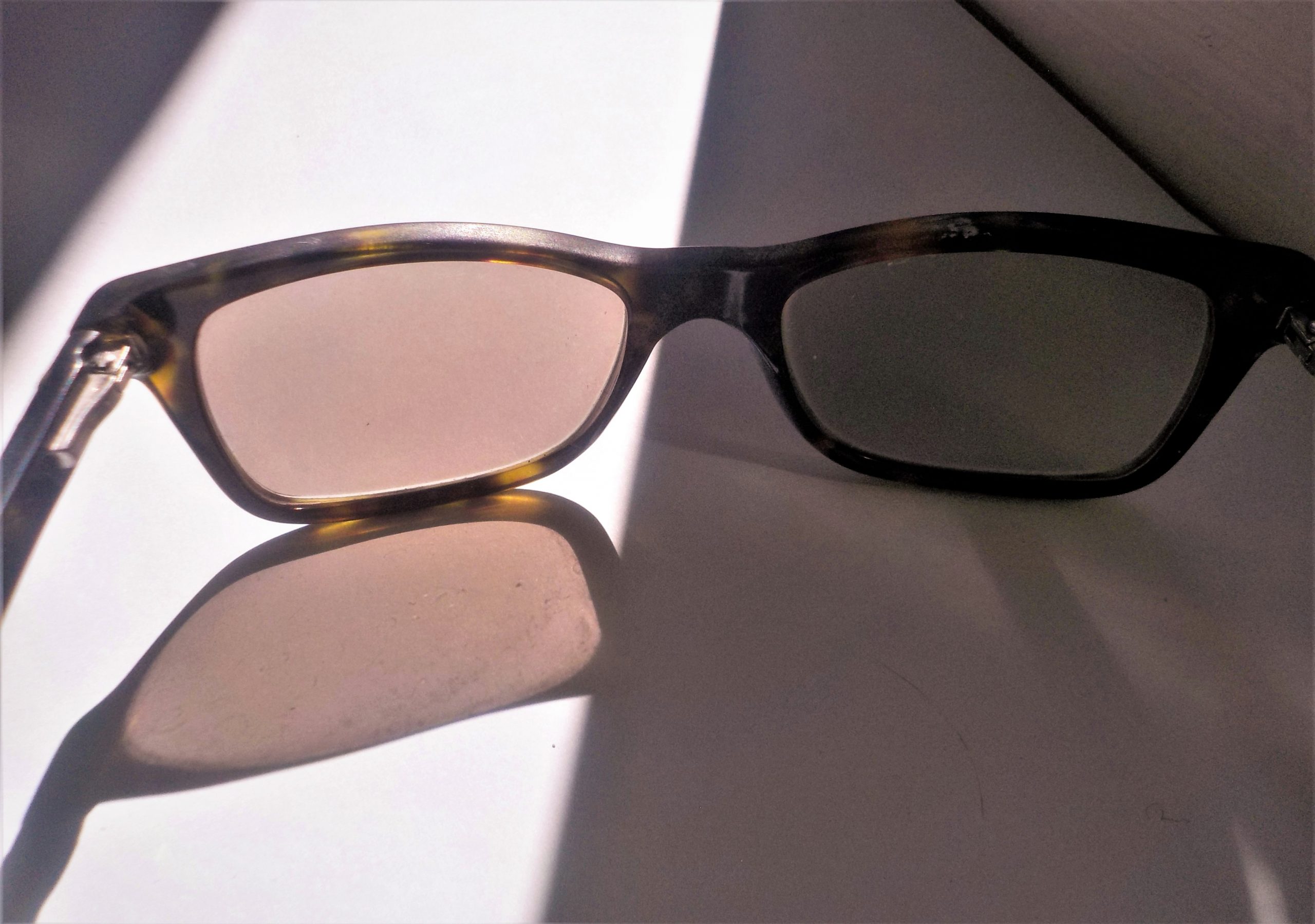
Are you curious about the different types of eyewear lenses on the market these days?
Here are some of the more common questions we get asked about lenses at the clinic.
1. Do transitions lenses work better than they used to?
Older-style photochromic lenses (ones that go darker in the sun) did have some issues. These included being too slow to react to changes in light, fading to a yellow tint indoors, and being made from thicker materials which made them look old-fashioned.
Newer types of photochromic lenses certainly look and work a lot better! For example:
- The lenses are clearer and react faster to light – so they go darker outside and return to clear more quickly.
- They come with more options for style and are made of thinner materials. Glass is no longer used, as plastic lenses are lighter and safer.
- The colour choices are broader. So instead of just classic grey or brown you have the option of fancier tints, such as sapphire or amethyst.
- You can get photochromic polarised lenses such as Transitions Vantage or Xtractive Polarised to reduce glare and eyestrain. However, the polarising effect is only useful when the lenses have a dark tint.
- You can get lenses that respond to UV light even while driving. These come in grey as well as specific colours.
- They offer protection from excess blue light from digital devices which can lead to eyestrain and interrupted sleep.
2. Are specs from the chemist as good as prescription glasses?
The answer to this is a definite no! Here’s why:
- Magnifying glasses from the chemist use poorer quality, less clear, materials than prescription optical glasses.
- They are not customised for your eyes. For example, the pupillary distance (the distance between the centre of the lenses) is generic and may not suit you, or might not be properly centred at all, which could lead to eye strain. The lenses for both eyes also have the same magnification, when you may need different lens magnification for each eye.
- There is no option if you need astigmatism correction.
- They do not offer glare reduction.
Chemist spectacles may still be good for emergency situations, such as when you have misplaced or damaged your normal reading glasses. But they are not recommended for longer reading.
If you do intend using chemist glasses, you should ask your optometrist what to look for in terms of magnification and other features to match your vision needs.
3. Can I get glasses that help me with driving?
This one’s a yes! Good vision while driving is essential for safety on the roads. Here’s what to consider:
- Glasses with the correct distance prescription so you can see clearly ahead.
- Transitions Drivewear glasses are good for daytime driving, as they darken and protect your eyes from UV rays. Polarised sunglasses are also good for day driving as they reduce glare and reflection.
- Untinted glasses for night driving, or at least some that are not significantly tinted. This is because in the dark you need all the light you can get for safe vision. That said, some people find a light yellow tint, such as that in the Hoya Enroute lenses, can enhance vision and reduce glare from oncoming headlights.
- Spectacles without solid arms that block side vision, as this type of design could prevent you from seeing properly when looking over your shoulder or when changing lanes.
Need more information about types of lenses on the market today? Book an appointment or call us to discuss!
Share on